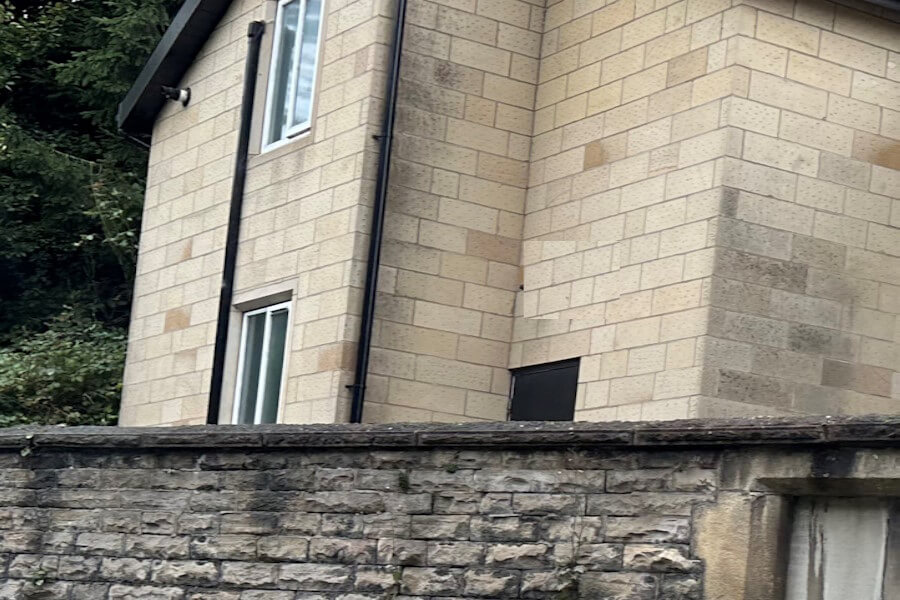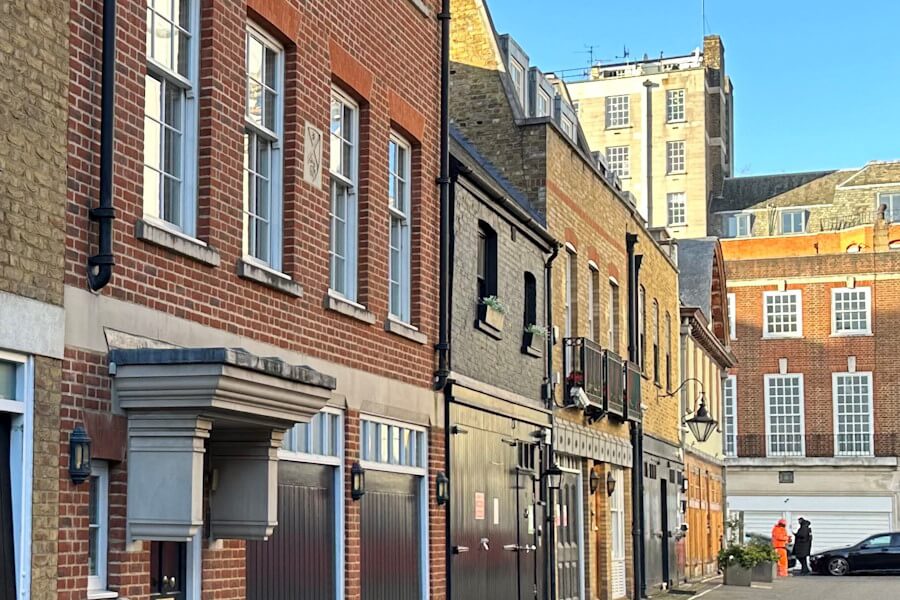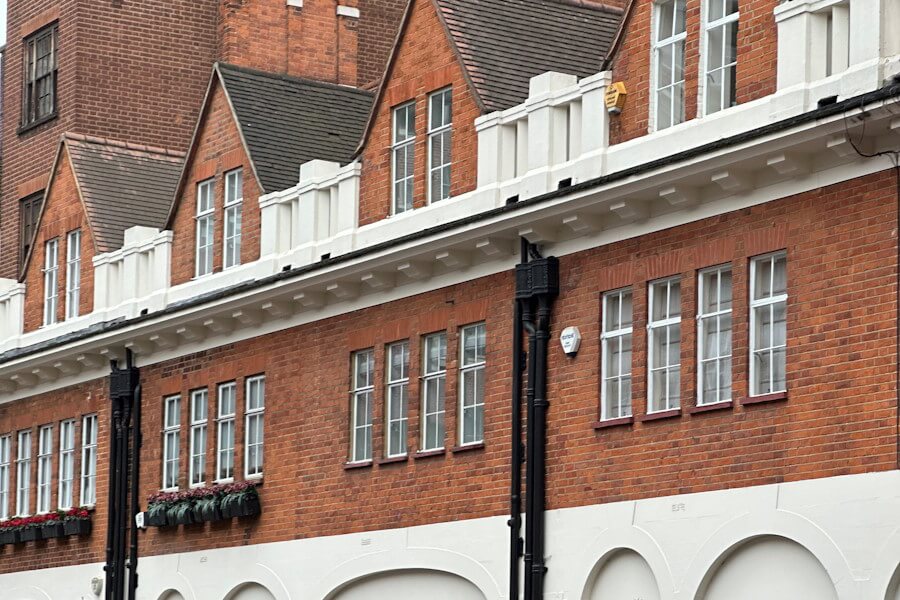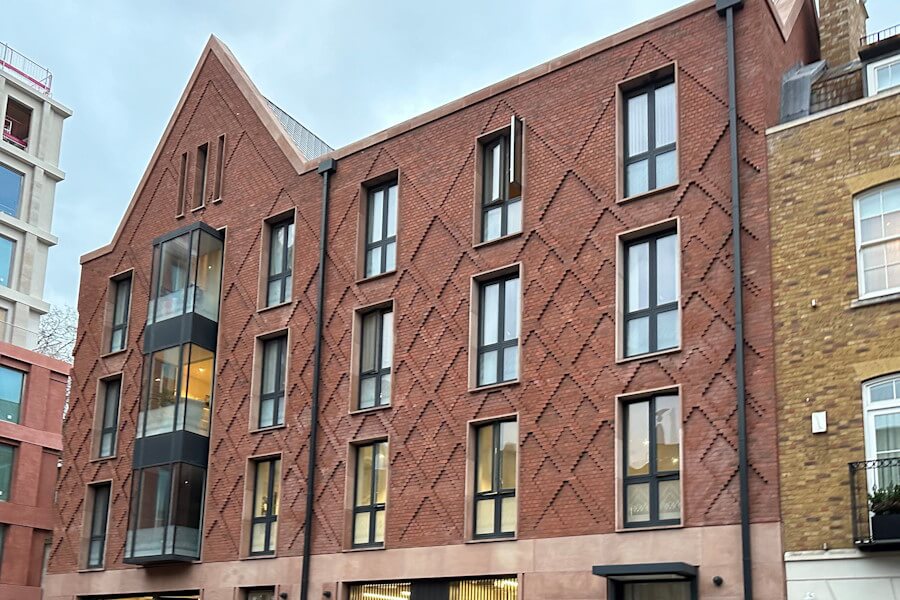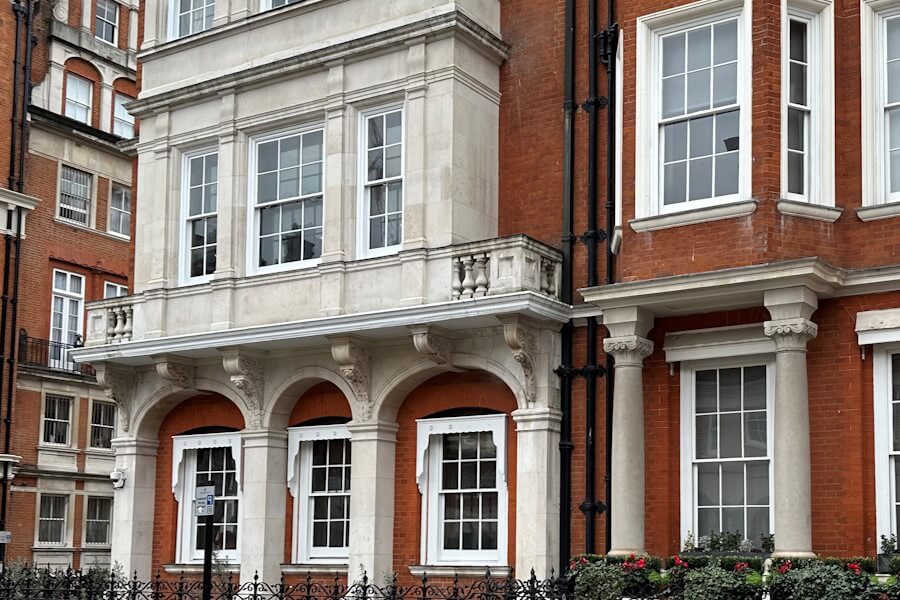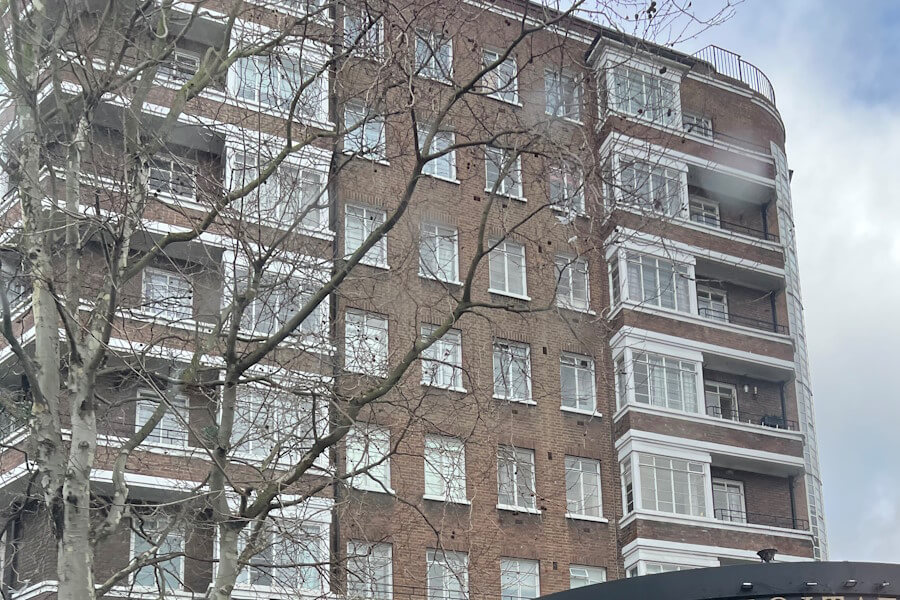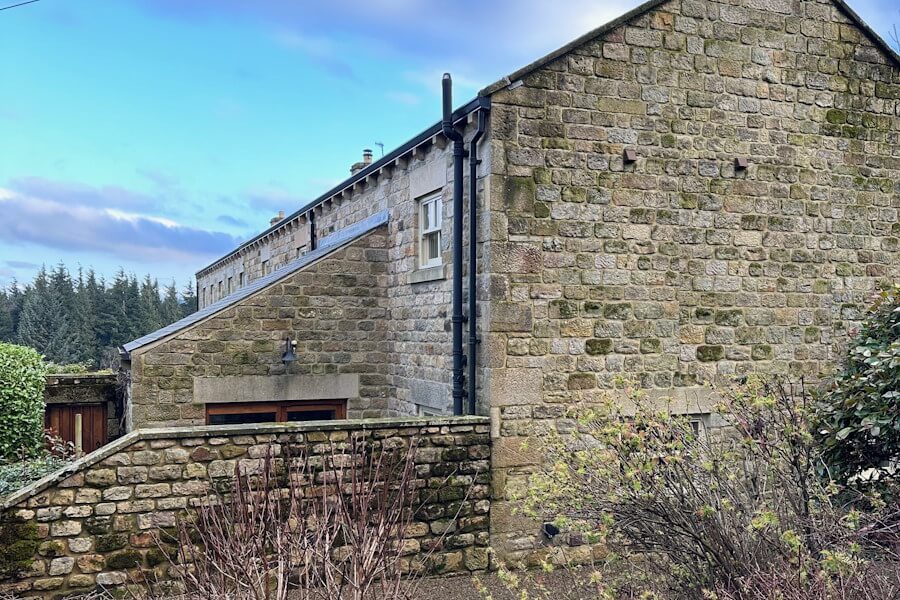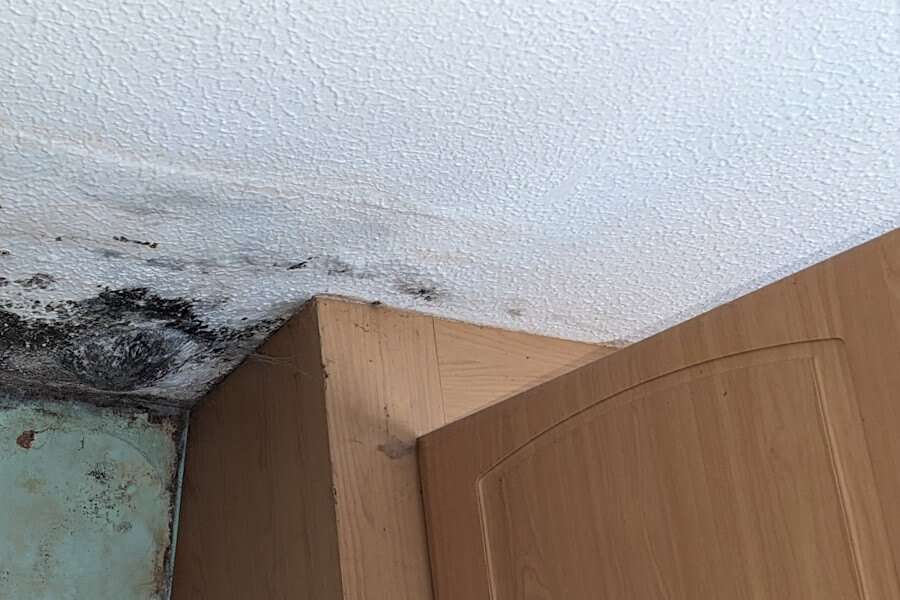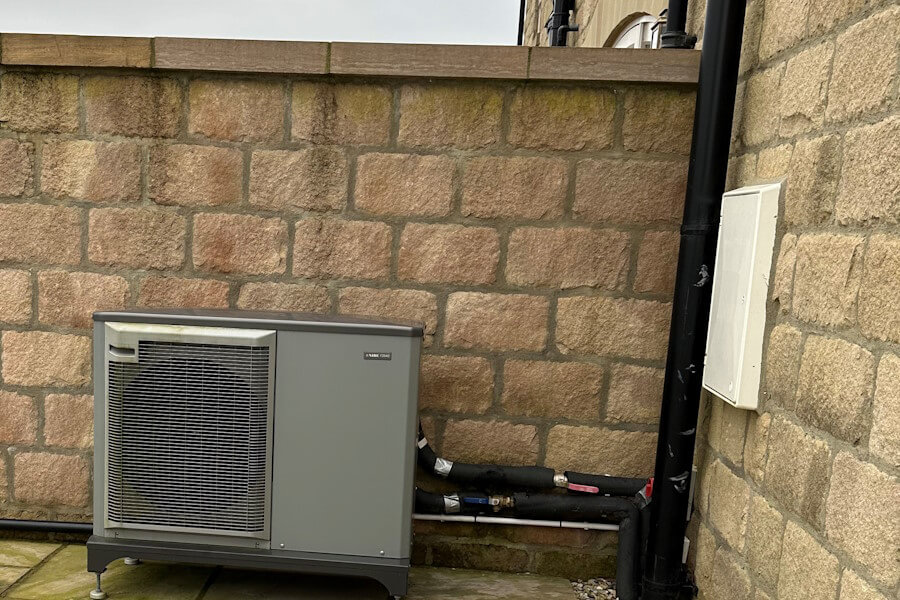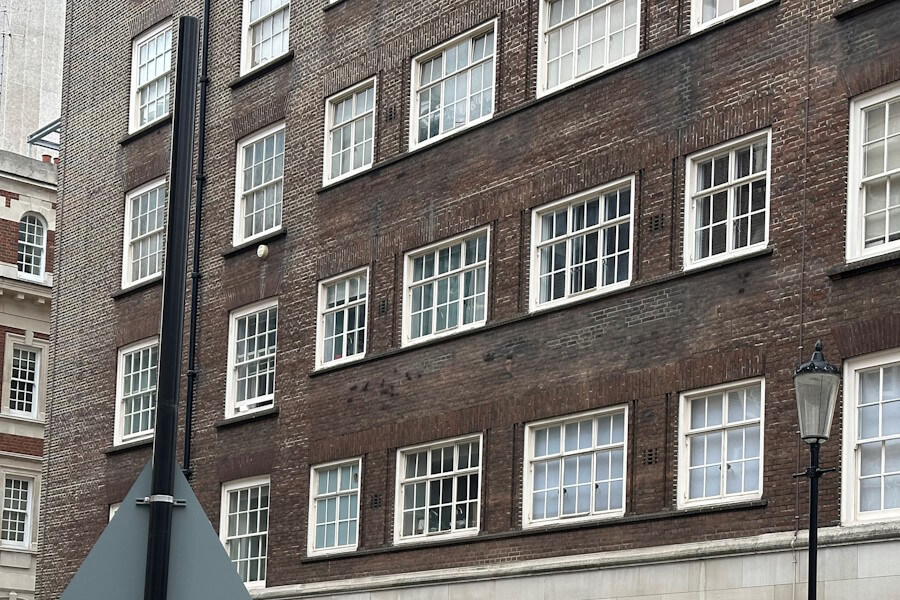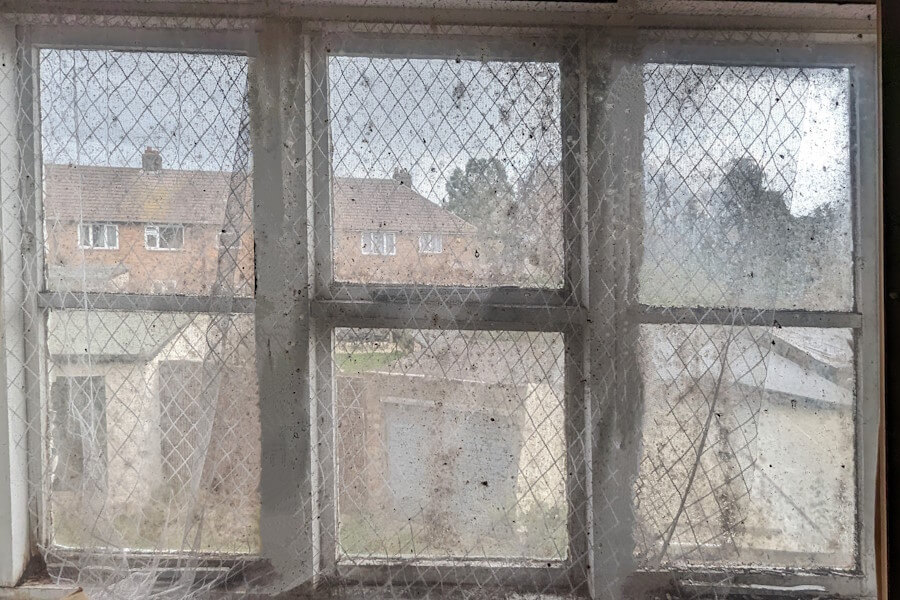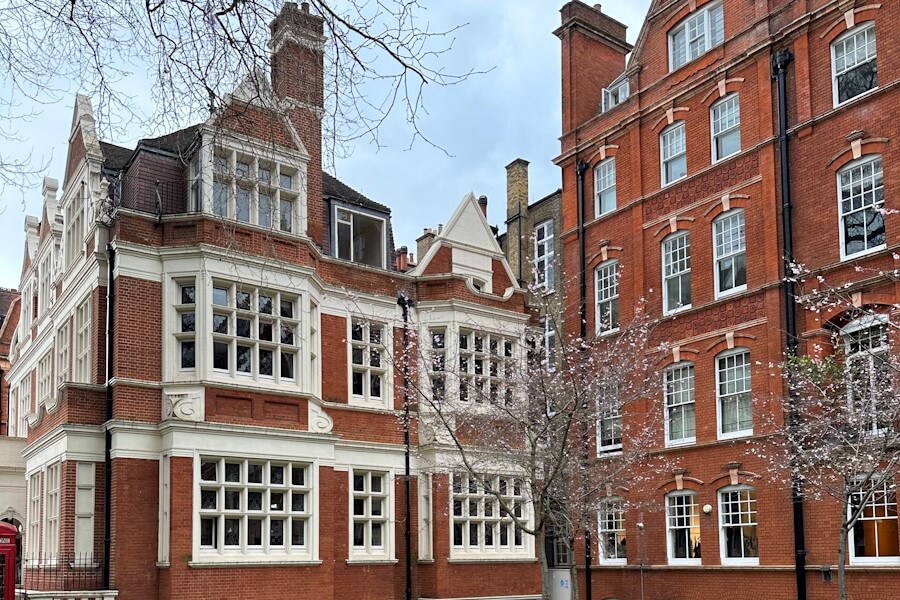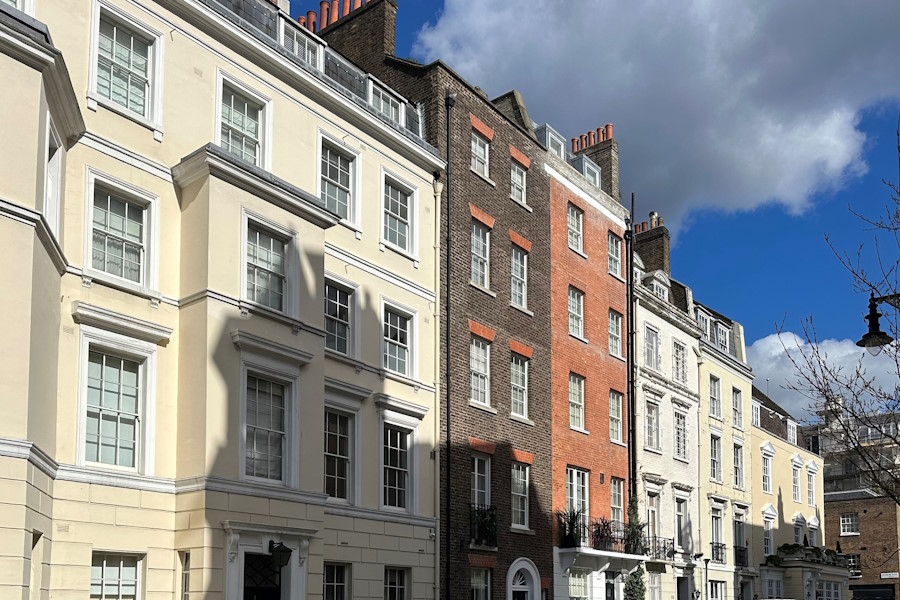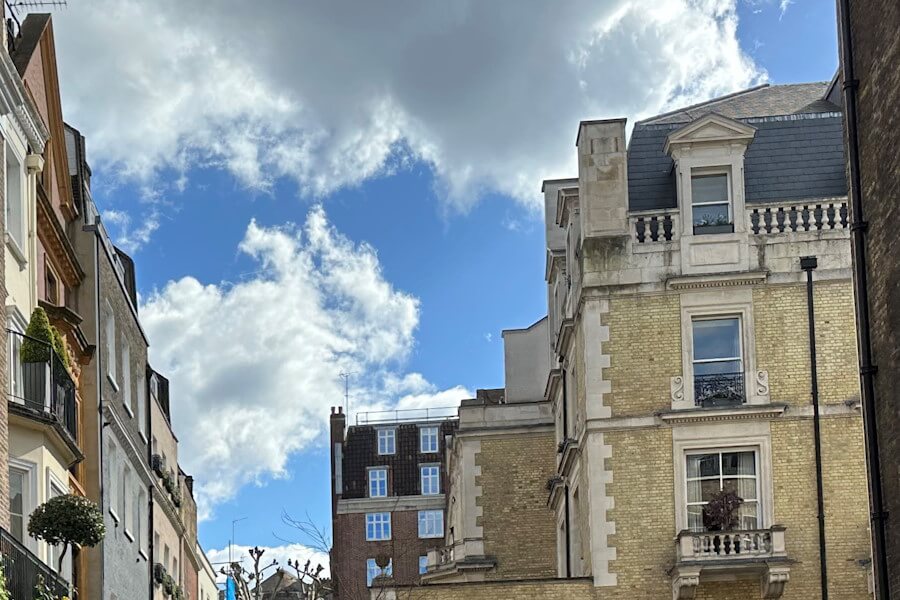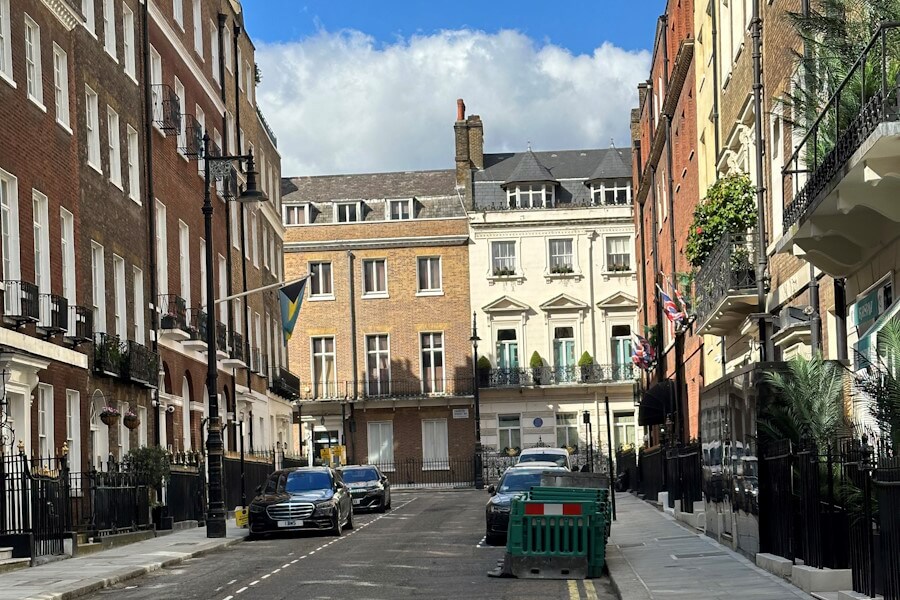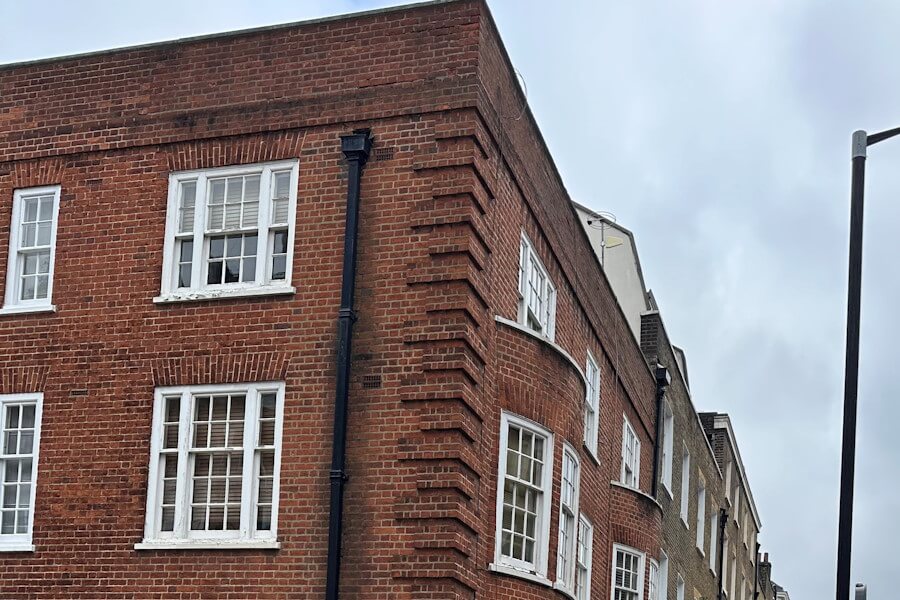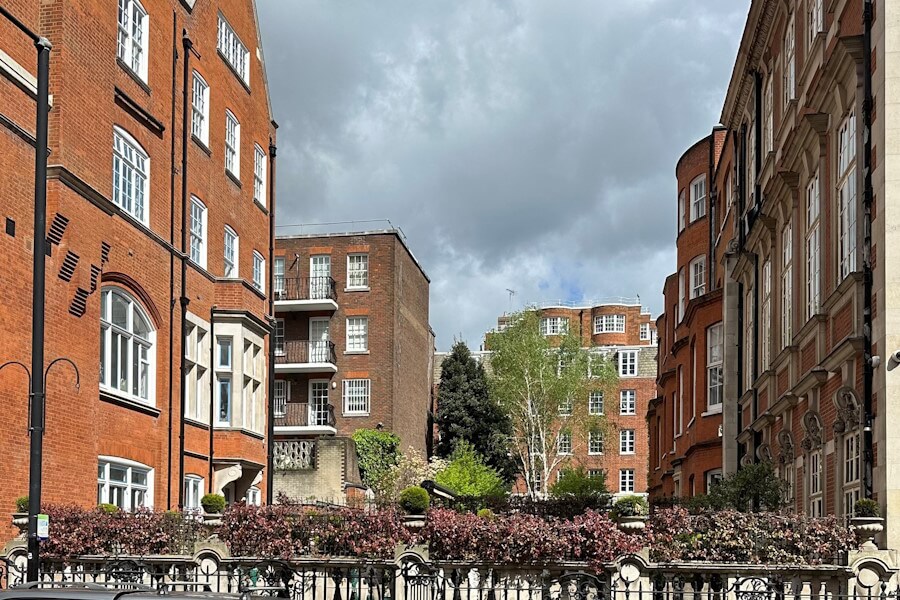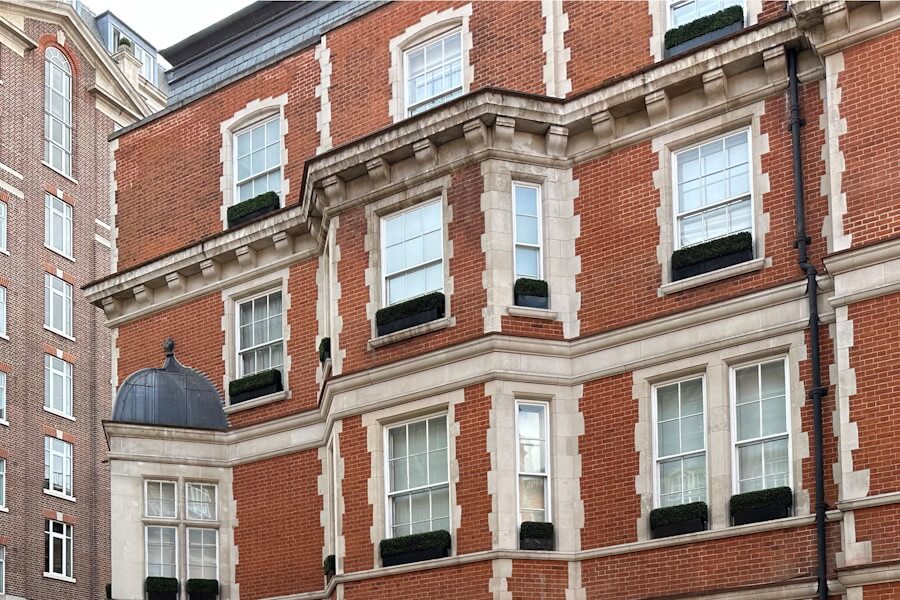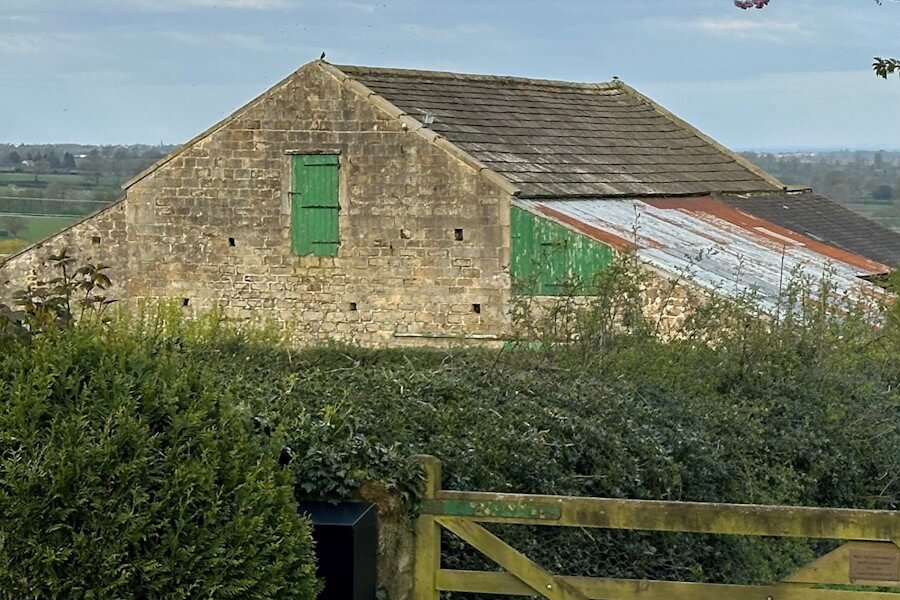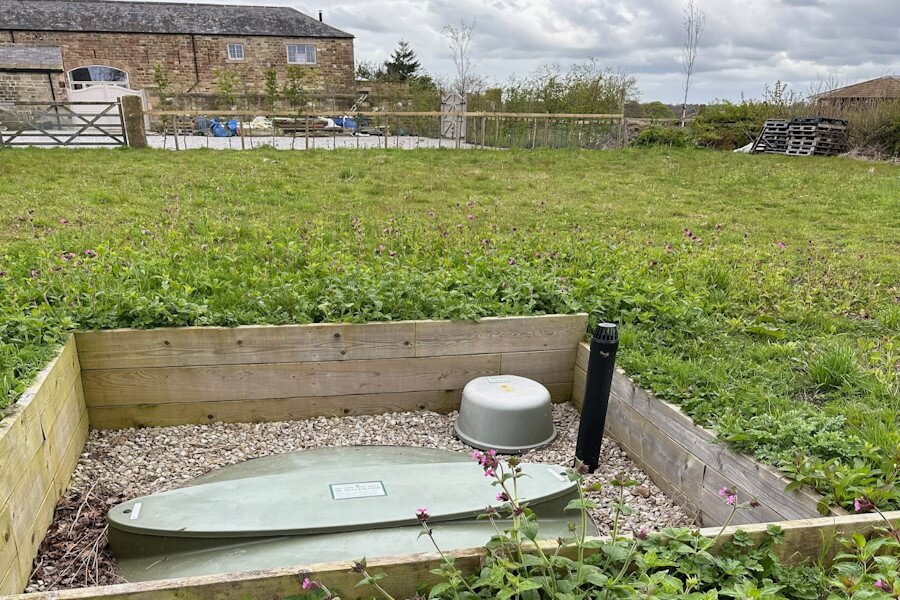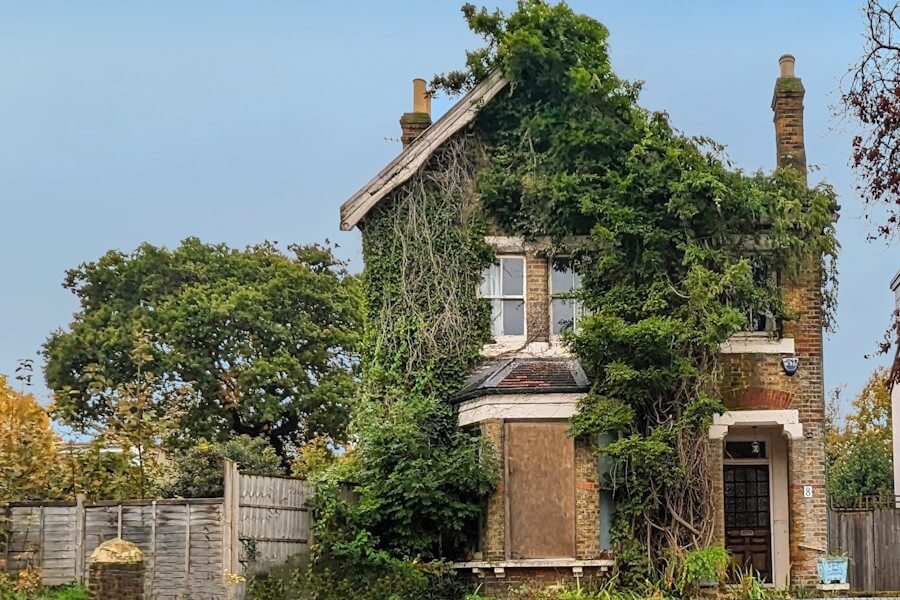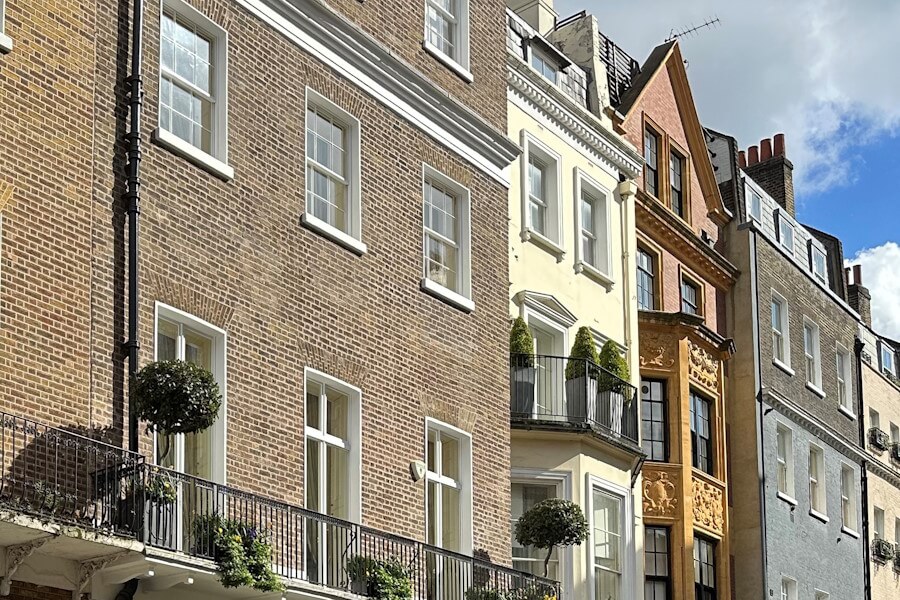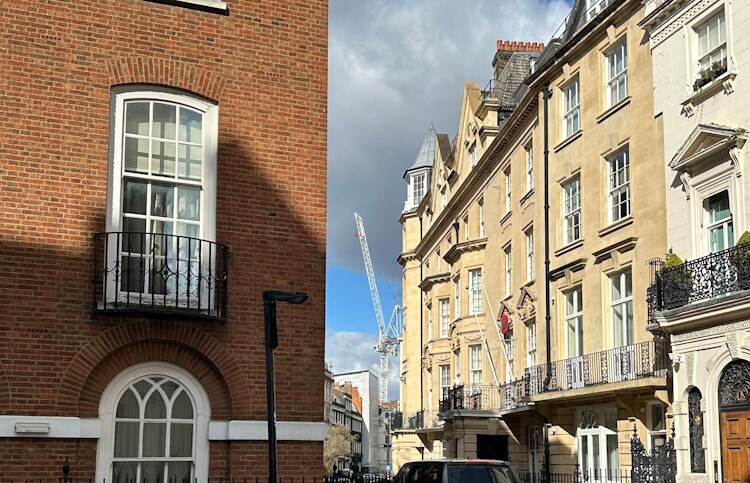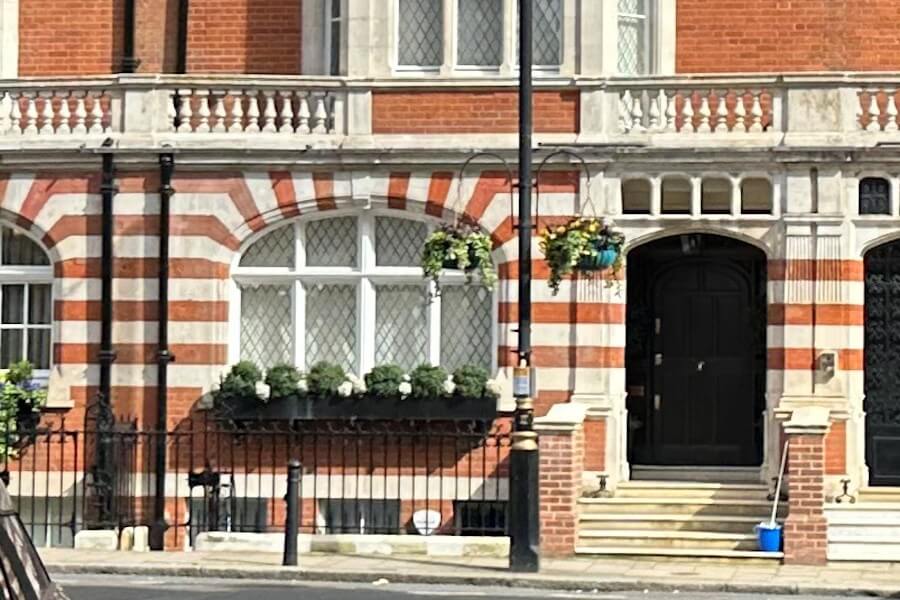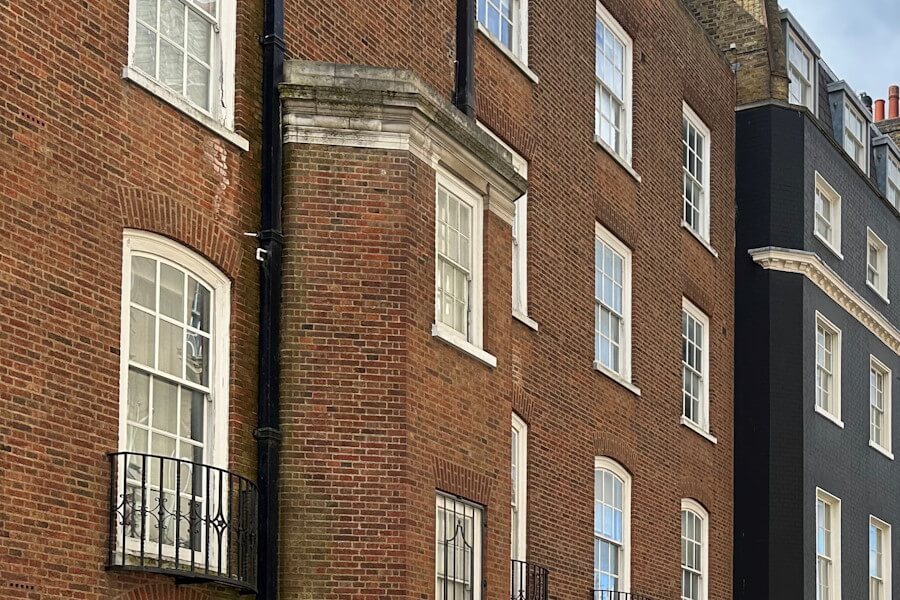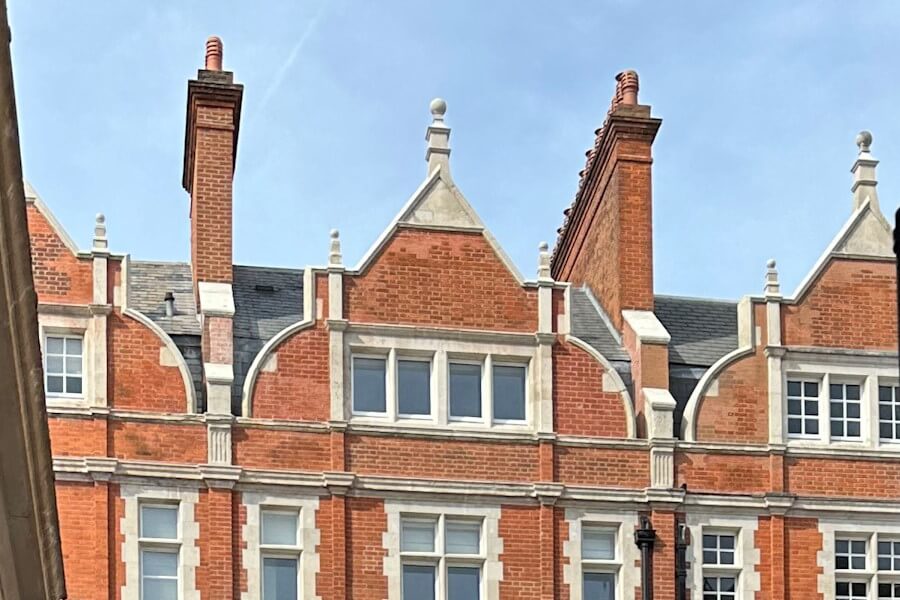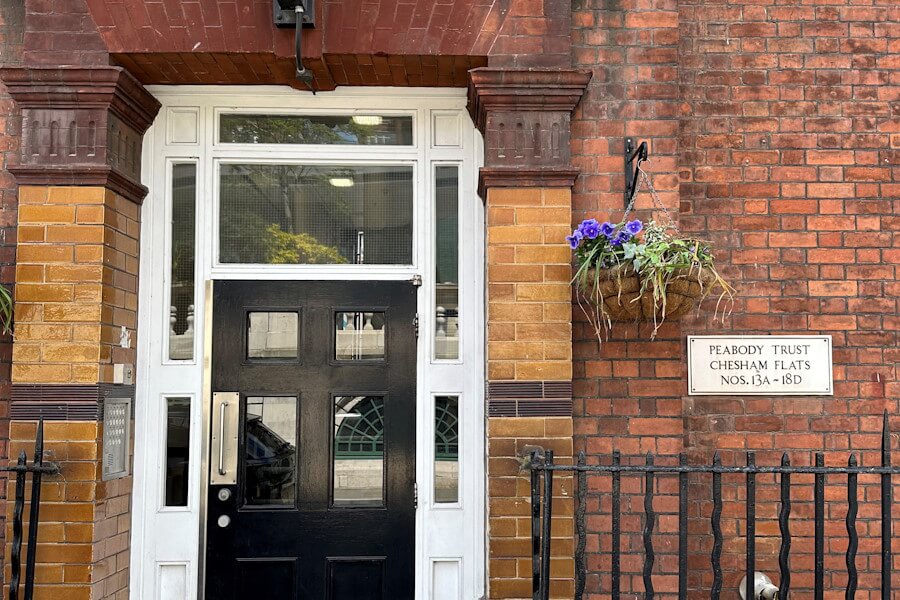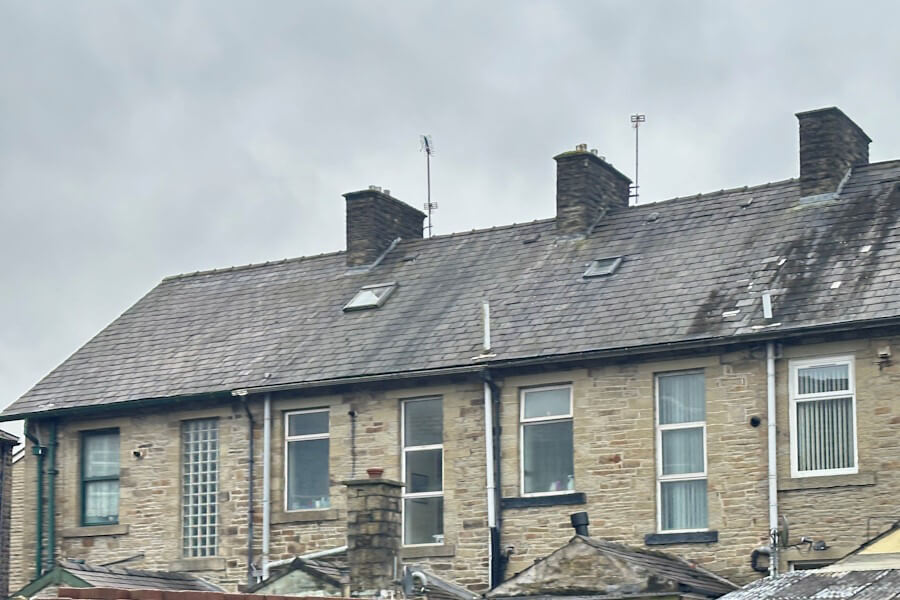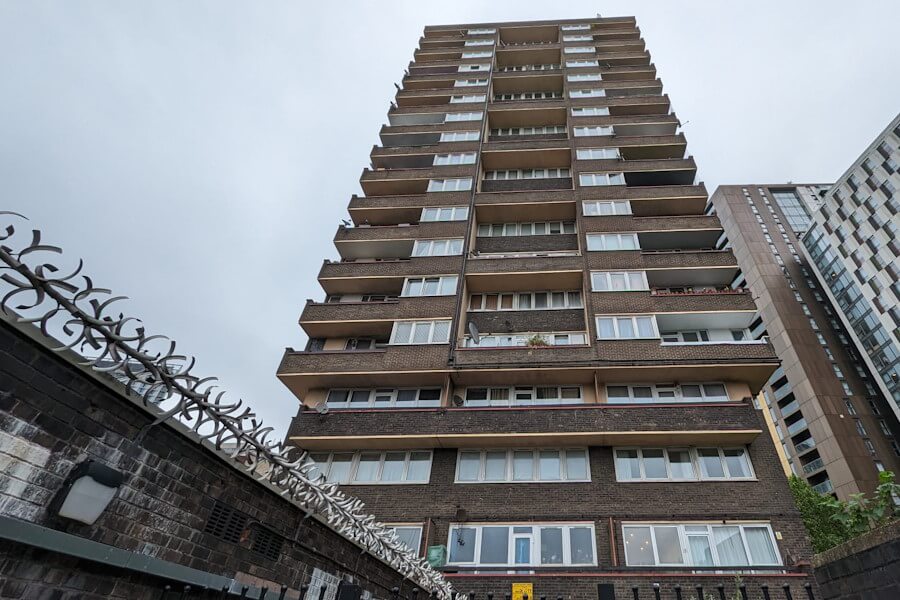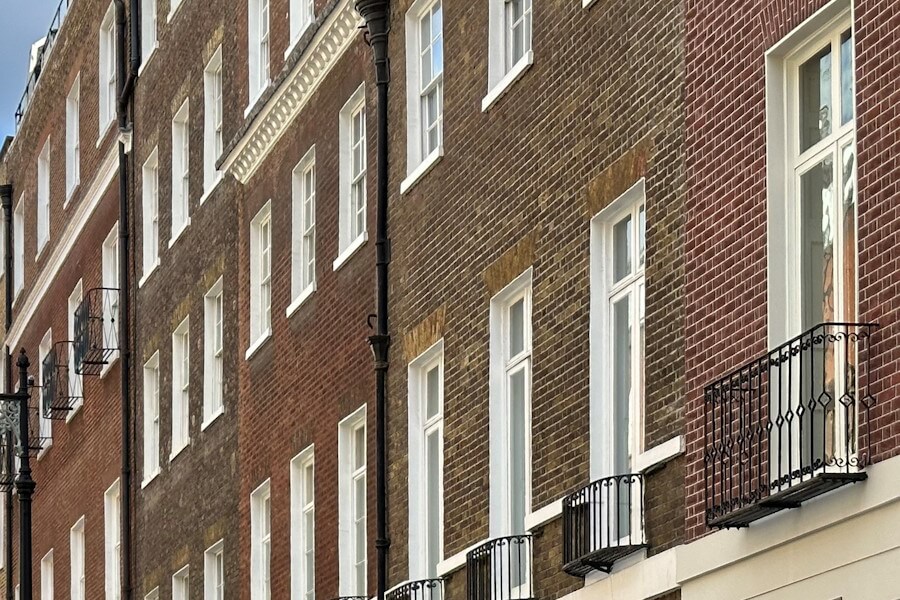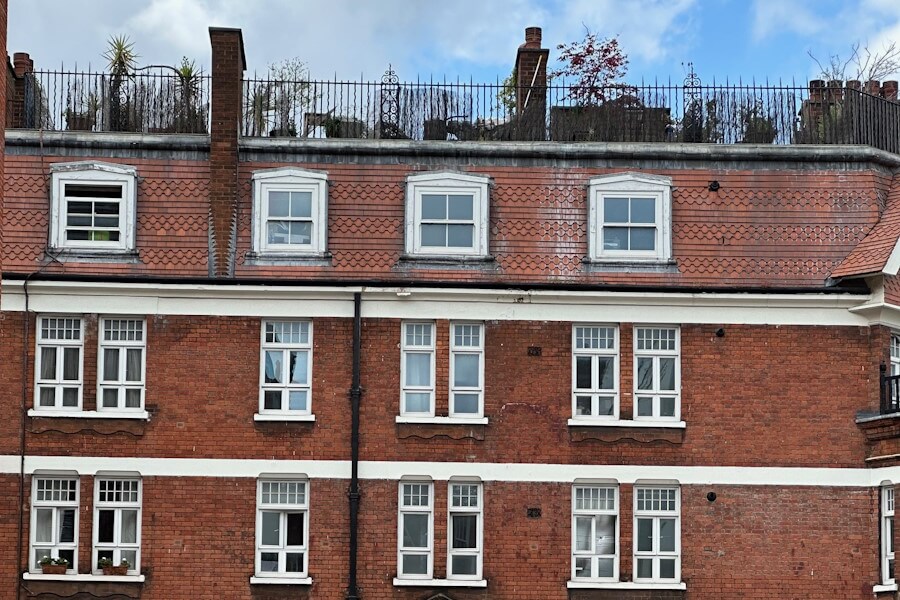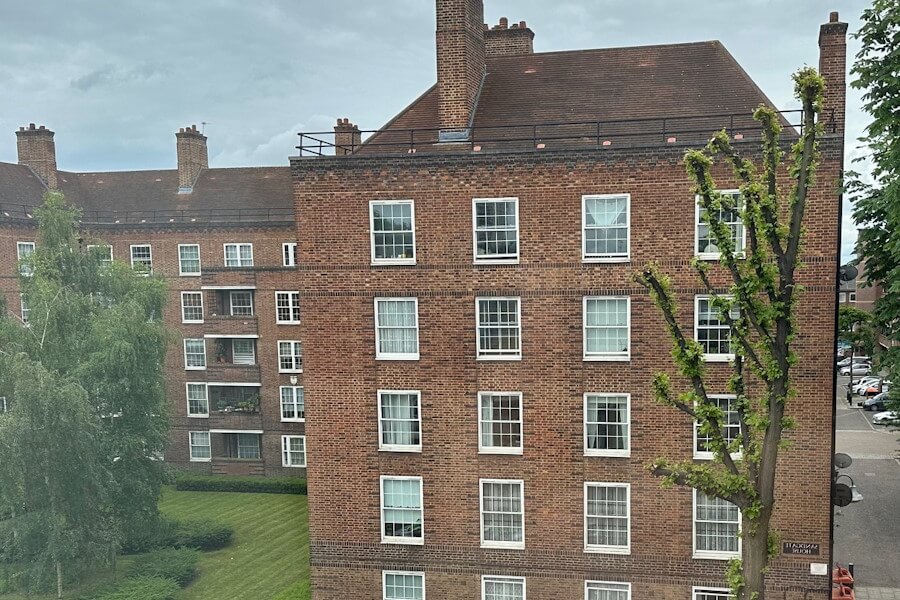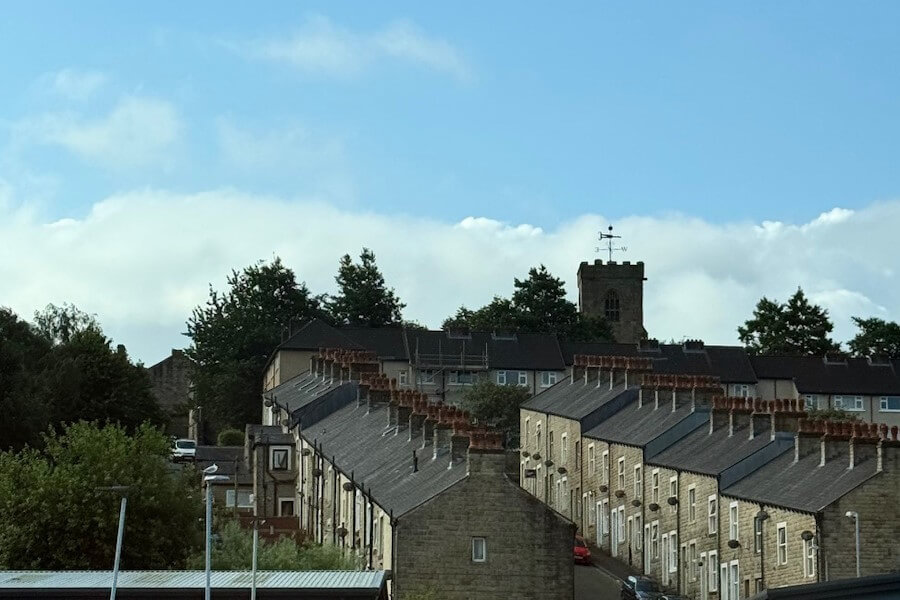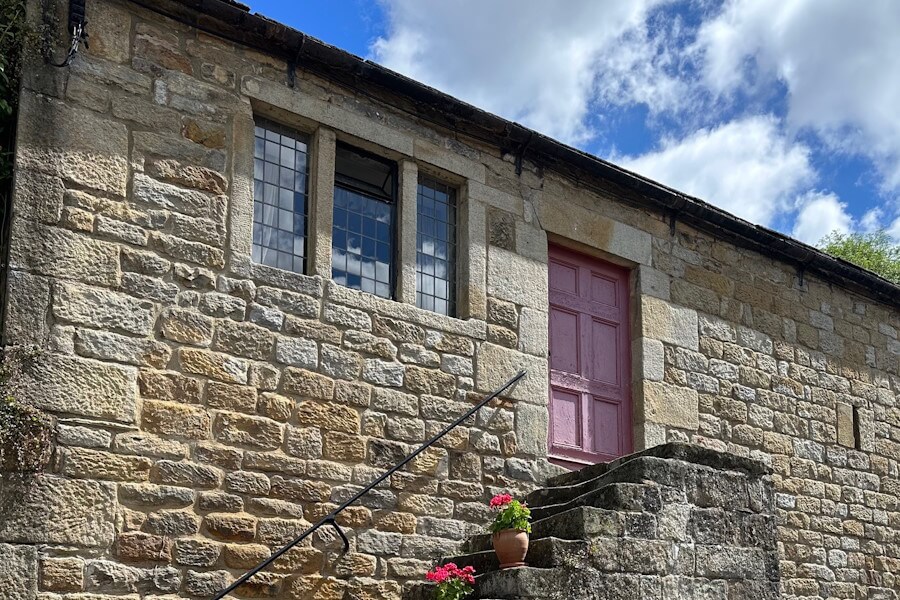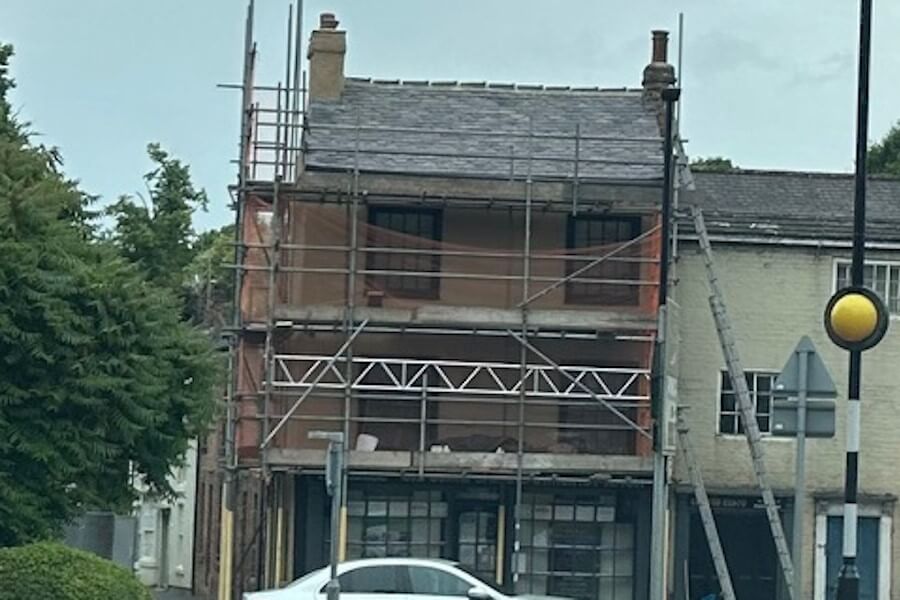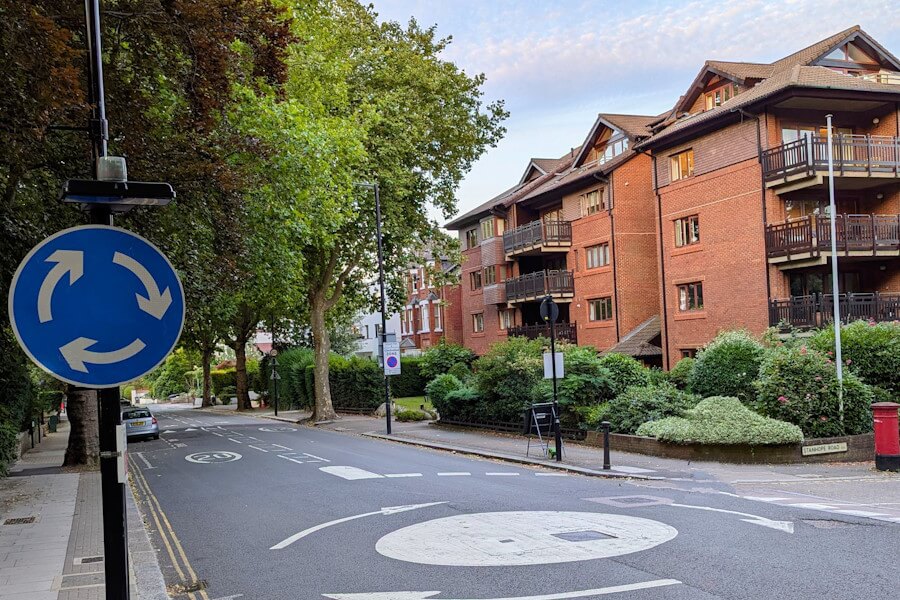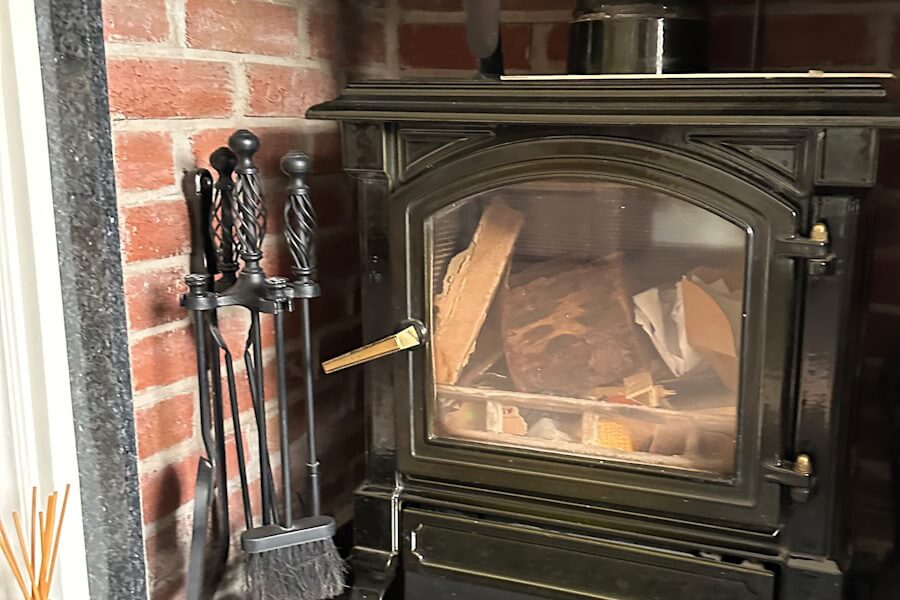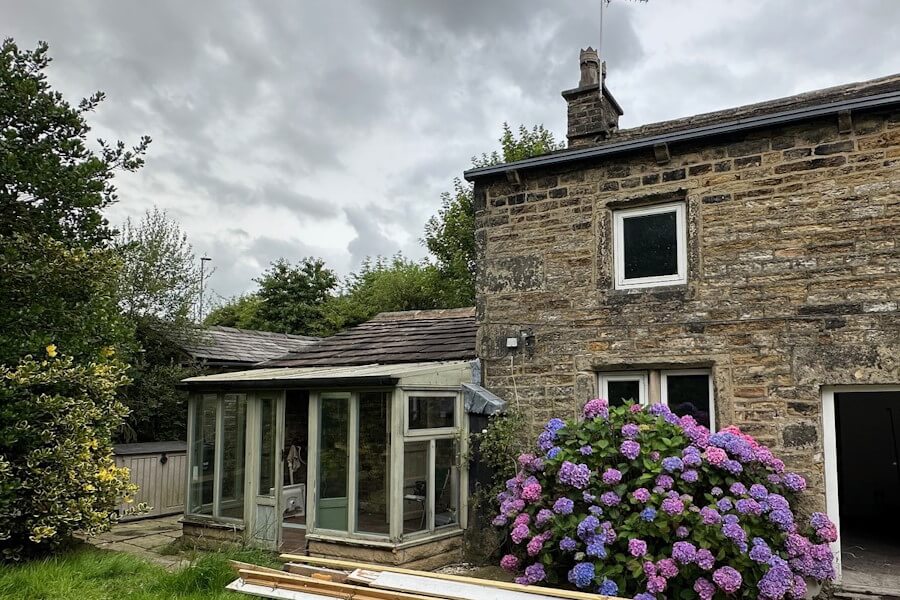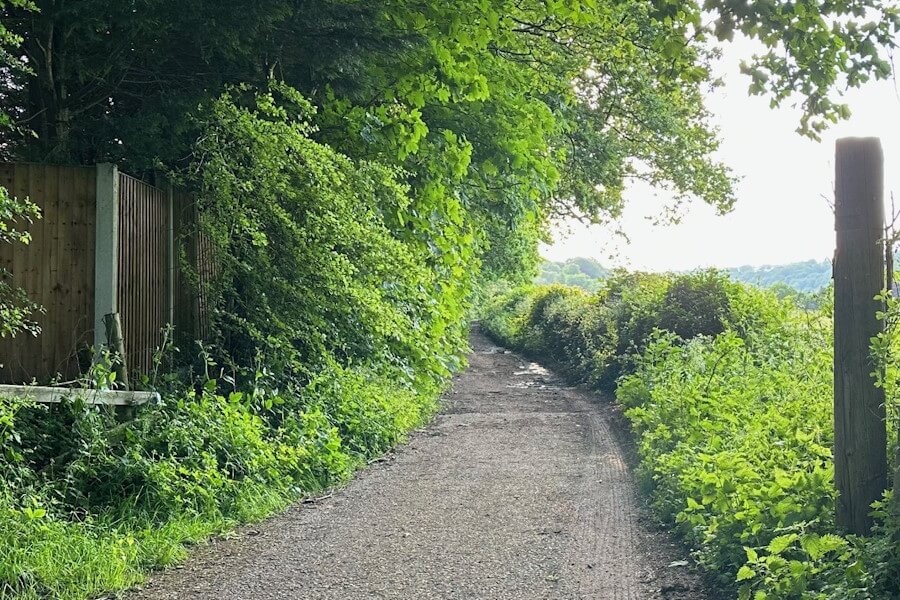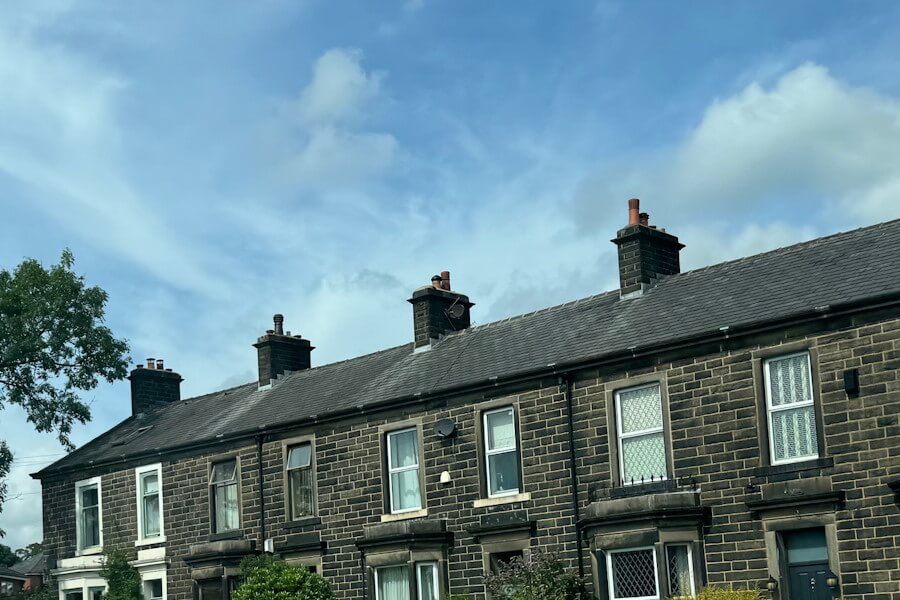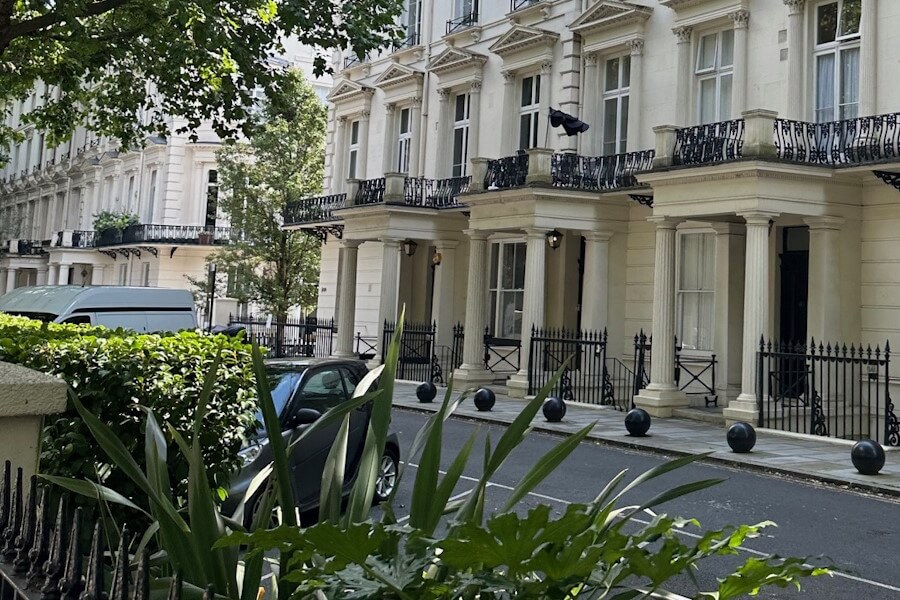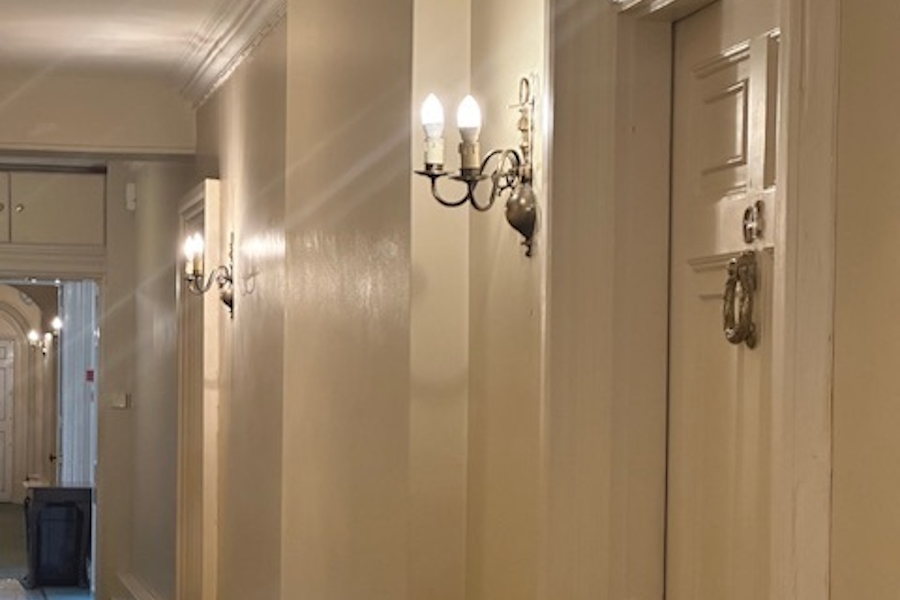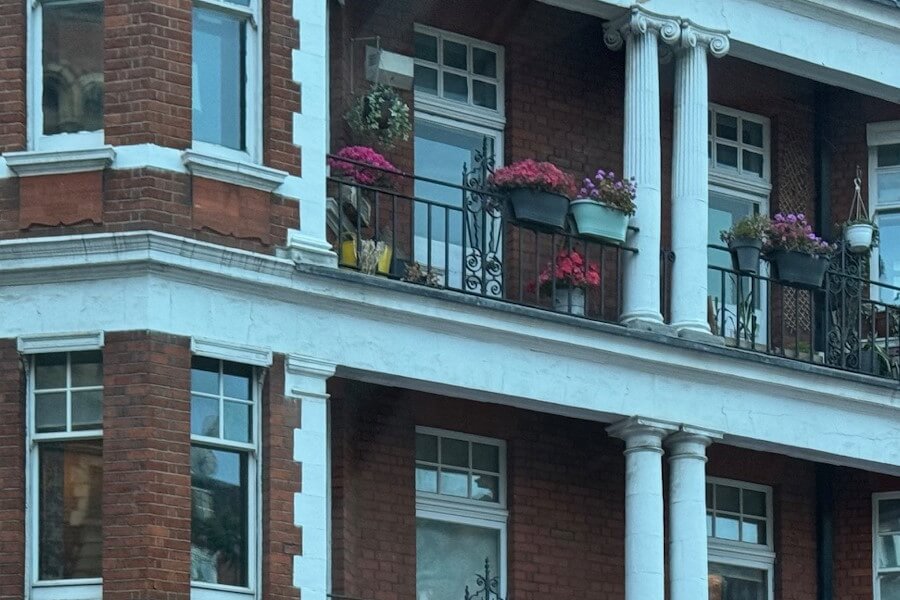Valuing a House for Probate Purposes
Selling a probate property? We buy property direct – for a quick and hassle-free sale with no fees, no chain and no estate agents involved.
Call 020 7183 3022 for your FREE sale price estimate
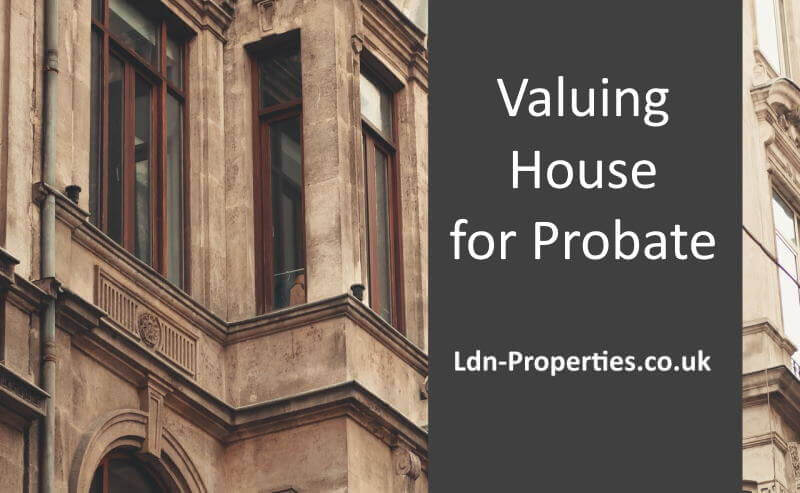
Explaining the property probate process
If someone owns a leasehold or freehold house, flat or any other type of property and they die, that home becomes part of their estate. And the person that is tasked with handling the sale of that estate is known as the executor, who oversees what’s known as the probate process.
This is the series of steps through which a home owned by someone that has died is valued and then sold, in line with any specifications that the late owner might have laid out in their will, as the website Unbiased says.
Because you will be in charge of finding a buyer for the property, you will need to obtain a valuation for the home as an important early step. Having a sense of the market value of the property will in turn assist you in deciding what the best option might be for getting a buyer.
Unless the person’s will directs you to sell using a specific method, you will find that you have a few different options available. Keep reading to learn about why getting a valuation of a probate property is vital, as well as details on the various ways that you may be able to secure a buyer.
Relevance of obtaining a probate valuation
Valuing the estate during the probate process is very important. How accurate these valuations have to be for probate purposes is a very common question. And it mainly depends on whether the estate is relatively big or small.
HM Revenue & Customs guidance says that you can estimate the value of assets if the gross value of the estate is likely to be less than a given amount – this amount changes regularly, to find the current amount click here. The gross value is the value of assets before taking away any debts, inheritance tax exemptions and reliefs – like the spouse and civil partner exemption. So you can estimate based on the information available to you, for example; estimate of the house value can be based on the value of similar houses selling nearby.
For larger estates there is a much greater emphasis on the executors to provide more accurate valuations and that’s particularly true of taxable estates. Although not mandatory, it’s a good idea to provide written valuations for example a formal written valuation from several estate agents. It’s important to take reasonable care when providing valuations to HMRC because they have wide ranging powers to challenge valuations and it often does for house valuations and if there is a difference there might be a penalty in addition to any extra tax.
Factors that can affect a probate property’s value
As with any type of house, flat or other property, there are many different factors that can affect how to calculate the price for which the home you are tasked with selling might sell, as estate agency John D. Wood & Co. says.
Some of these issues are potentially changeable based on work that you could consider having done on the property. For example, if there is some significant structural damage to the property, such as dry rot, a leak, or damp, you may want to consider repairing this before selling. Doing so could make the home appear more valuable to buyers than one sold “as is” with damage.
Other elements of a valuation will be beyond your control to change, such as where the property is located, because you cannot move the entire building to a more desirable location.
But knowing about all aspects of the property, good and bad, is an important part of understanding the price at which the home is valued – and it also helps with identifying those strong elements of the house or flat that you can focus on promoting to buyers. The various factors that might affect the valuation of the probate property can include:
- Location
- Condition of the building
- Age of the property
- Any defects
- Legal disputes
- Service charges
- Ground rent amount
Your options for how to sell a probate property
As the person in charge of someone’s estate, you will have the important task of deciding which method you would like to use in order to find a buyer for the late person’s property.
The four usual methods are selling to a quick buyer, selling with an estate agent, selling via an auction or selling without any help. There are clear advantages and disadvantages with each choice, for example when it comes to cost, you will have to pay commission if you sell through an auctioneer or estate agent, but selling on your own or to a quick buyer won’t involve fees.
You should consider writing down your main aims with the sale of the home, such as the goal selling price, how fast you want to sell, and whether you will agree to pay any commission. Then compare these factors against the specific details of all four options below, and this should help you to identify which of the choices is the one that most closely matches your needs.
Selling to a quick buyer
One of the speediest ways to sell almost any home is by getting in touch with a quick buyer like LDN Properties. These companies can often complete all the steps of buying a home in a few short weeks, and that covers paying you the sale proceeds and exchanging contracts.
Quick buyers can move so fast because they already have the funds needed to purchase the property, with no waiting to first get authorised for a mortgage to pay for the transaction. This accelerates the selling timeline significantly compared to all other methods, in particular selling via an estate agent or selling without any help, as those may take more than an entire year.
You can also prevent having to pay any commission when you sell the home to a zero-fee quick buyer, which helps with reducing the overall selling expenses. If you instead opt for selling at an auction or with an estate agent, you’ll pay them fees that will be taken out of the final proceeds.
Selling to a quick buyer can also be a good idea if the probate property has some type of legal problem, physical flaw or other negative issues. That’s because these companies are well known for making fast and competitive offers to purchase leasehold and freehold properties regardless of their age, condition, location, shape, size and various other factors.
LDN Properties has been buying homes throughout the UK for more than 20 years, and its long list of purchases includes probate properties, homes without a party wall agreement, flats with expensive service charges, houses that have a restrictive covenant, Peabody properties, homes near a cliff, top floor flats, houses sold without a Leasehold Information Form, right to buy properties, flats have a mansard roof, homes located on a roundabout, properties without a garden, houses without an electrical certificate, high-rise flats, lock-up garages and many other scenarios.
Selling with an estate agent
Estate agents can help with reducing the amount of effort you’ll need to put in to selling the probate property, as they’ll handle the initial creation of a listing that describes the home and includes photographs of it, then advertising this in their office, in local newspapers and online. They’ll schedule viewings to give buyers a tour of the property, and hear serious offers. And finally, they will guide a serious offer through to the last step of exchanging contracts.
In exchange for putting in all of this work, the typical estate agent will charge commission within a range from 1.15 percent to 1.40 percent of the property’s sale price, and this fee will add to the total costs because it is immediately subtracted from the sale proceeds. Just note that some estate agents may charge their fee below or above this general range.
If you want to prevent paying fees, consider selling to a zero-commission quick buyer like LDN Properties, or selling without any assistance, because this will eliminate that problem.
Selling through an estate agent can also take a long time, possibly many months or even more than an entire year. And someone might make an offer but then cancel it, causing the sale to collapse – and if contracts are not yet exchanged, they can do this without being penalised. This would delay a sale for you significantly as you would need to begin again looking for a buyer.
Selling via an auction
Another way to sell a probate property is through an auction, where people will have a chance to place bids of increasing value on the home. This is a gamble because you might get no bids, which means the property does not sell. You would then need to start over with trying to find a buyer for the home, possibly extending the selling timeline by many months.
But you might get just a single bid on the home at the reserve price – this is the lowest price at which you agree that the property can sell. A bid at this amount is deemed a legally binding agreement to sell the home that the buyer can sue you to enforce, so ensure that you pick a reserve price that will produce a profit for the estate after paying the auctioneer their fees, if not then you risk selling the home at a loss or only just breaking even by selling at a price that is close to what the deceased owner originally paid for it.
An auctioneer will charge commission on a successfully sold property, often at around 2.5 percent of the sale price. This fee will be taken out of the final proceeds, so it will add to your selling expenses. You might be able to negotiate a lower fee with some auctioneers, or have the buyer pay a share of your costs, so it’s always a good idea to ask if this is feasible.
The fee auctioneers charge is to pay for their work in finding a buyer for the home, which starts with making and marketing a listing to get people interested in the property before the auction happens. They will host the auction itself and oversee completion of a successful sale.
If you are attempting to sell the probate property fast, you might want to think about other options because this can be a slow process. There will be a wait of many weeks or months from the day that you opt for using this method until the day that the auction occurs. And if the property manages to sell, the winning bidder will usually have about a month to complete all of the tasks needed to finalise the purchase, such as signing the required legal documents.
Some auctioneers could be open to making the buyer face a shorter deadline to do these tasks, but others might allow even more than a month, which would mean a slower sale.
Selling without any help
Yet another choice for selling a probate property is doing so without any assistance. This means that you will take care of all the steps needed to find a buyer, starting with creating a listing and advertising it, then scheduling viewings and hearing offers from people interested in the home.
This is an extensive, time-consuming and often stressful way to sell a property, and it might take more than a full year before you get a legitimate offer. That’s why you should only seriously think about this option if you have previously managed to sell homes, or if you have a family member or friend with such experience who is willing to help with the sale without charging you.
Selling this way also shares a problem with selling via an estate agent, in that someone can make an offer but then later cause the sale to fall apart by rescinding it. They are able to do this without being subject to any penalties if you have not already exchanged contracts. And this will extend the selling timeline much further because you’ll have to start over with seeking a buyer.
The only prominent benefit of selling without any help is that you will not need to pay costly commission to an auctioneer or estate agent once the home sells, which will reduce your costs. But it’s highly possible that the cost saving you make through not paying any fees will be eliminated by the money that you will spend on advertising the listing and other tasks.
To avoid paying fees but also benefit from a much faster sale, you could get in touch with a zero-commission quick home buyer like LDN Properties, and the entire timeline from beginning to the exchange of contracts and paying you the proceeds should only take a few weeks
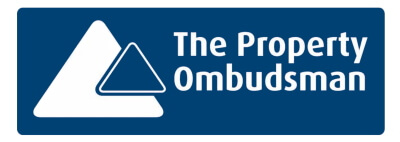
Latest guides
We’re rated as Excellent
Reviews.co.uk provide independent reviews from other people just like you!
"Successfully sold two properties direct to LDN Properties in the last two years. Genuine and trustworthy people and the dealings were straightforward." – Thomas from London

LDN Properties Limited, Linen Hall, 162 Regent St. London W1B 5TD
Company No. 04636129. ICO No. Z7733416. Ombudsman No. D12463.
Copyright 2003 to 2026
